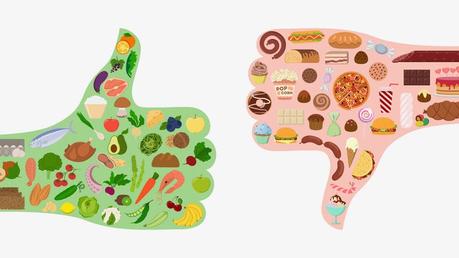
A popular columnist for The Washington Post is lambasting the sorry state of our existing nutrition research and the dietary guidelines that are built upon it.
The Washington Post: Here's what the government's dietary guidelines should really sayJournalist Tamar Haspel has been writing about the intersection of food and science for almost two decades in her award-winning monthly column "Unearthed." In her latest post, she describes how she is increasingly aware of a pattern of poor standards and quality when it comes to nutrition research. This weak research base, she contends, is why the public is generally left feeling so confused about healthy eating.
To reinforce this confusion, even the nutrition experts that Haspel interviews can't seem to agree whether or not existing nutrition research can help us identify what is actually good for us to eat. Experts can, however, agree that there are several shortcomings in the field, including how researchers and scientists collect data and present results.
Writes Haspel:
"The reason we know so little about what to eat despite decades of research is that our tools are woefully inadequate. Lately, as scientists try, and fail, to reproduce results, all of science is taking a hard look at funding biases, statistical shenanigans and groupthink. All that criticism, and then some, applies to nutrition."
From studies that use unreliable data, such as self-reporting nutrition questionnaires, to studies that are funded by those that benefit from a specific outcome (like the sugar industry, for example), Haspel notes it seems that studies can present almost any result and conclusion that the researcher chooses by skewing the data one way or another.
It is striking to see prominently placed, mainstream acknowledgement of the problems with the existing body of nutrition research that stands behind our current dietary guidelines. Although we don't agree with all of Haspel's conclusions and remedies (and we certainly don't agree with her characterization of the keto diet as "severely limiting"), we can agree that the current state of nutrition research leaves much to be desired.
And we agree that a sensible path going forward, while we wait for better research, is to eat a nutrient-dense, whole-food diet with little or no sugar or processed food. Sounds like a low-carb diet to us!

